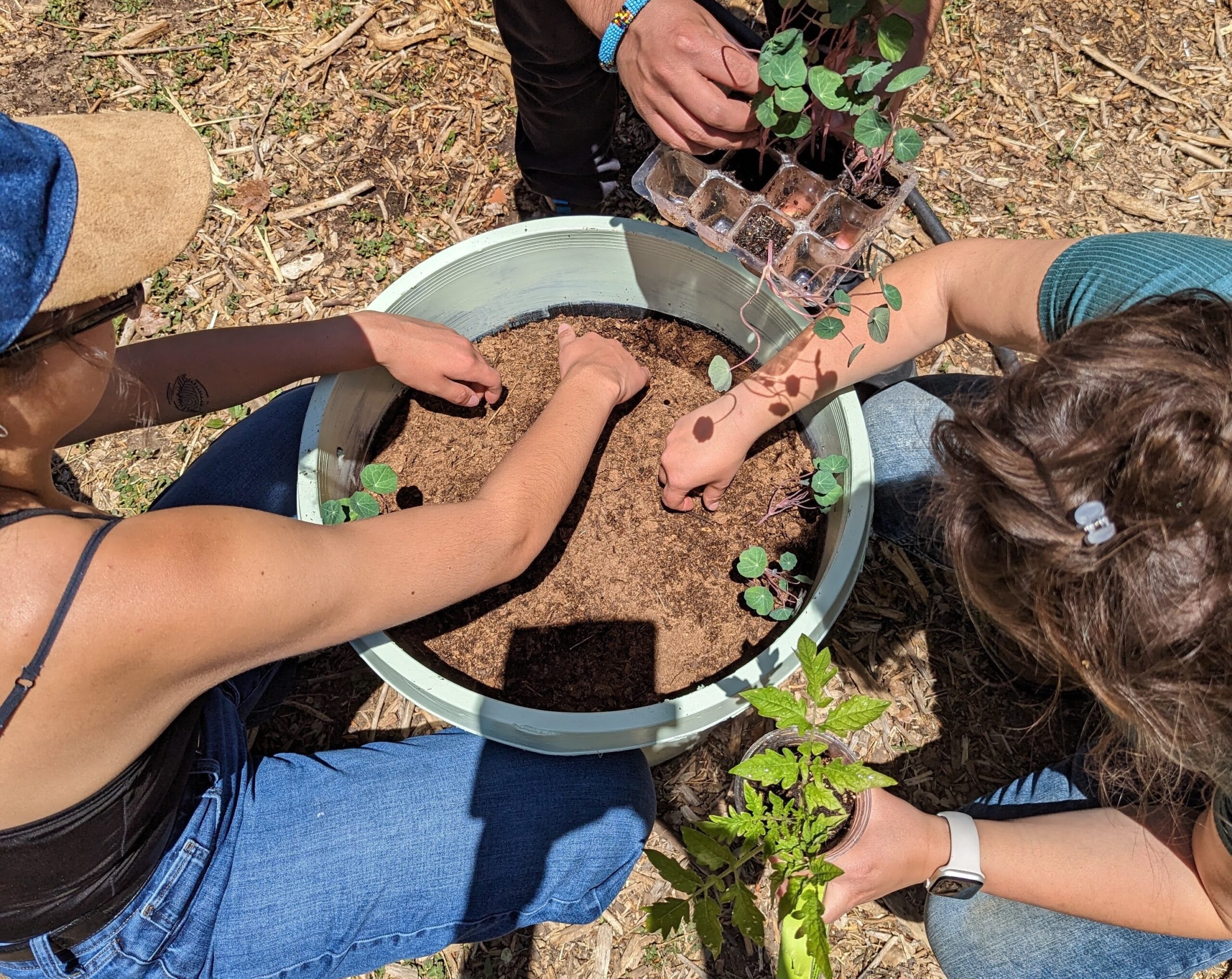
Sustainable Food Systems
Why this program?
You desire to work for change. You believe in equal access by all people to nutritious and culturally appropriate food at all times. You know that regenerative agroecological systems are critically important as climate solutions. You acknowledge the unique and complex role food systems relationships play in supporting health and wellbeing, economic and social justice, and environmental resiliency. In a vibrant online environment, you aspire to join with others, to grow diverse and inclusive learning and sharing networks as you move toward a sustainable food systems-centered career.
What can you do with this degree?
The MSFS program offers three optional concentrations: Food Justice, Sustainable Diets & Biodiversity, and Food Entrepreneurship.
Some of our students are working as:
- Registered Dietician
- Non-profit Organization Leadership
- Value Chain Specialist
- Farm or Community Garden Manager
- Food Educator
- Agrotourism Coordinator
- Food Policy Analyst
- Local Food Marketing Manager
- Corporate Sustainability Specialist
- Food Systems Communications Manager
- Food Journalism/Social Media Food Systems-based Content Creator
What will this program look like?
The Master of Science in Sustainable Food Systems is an experience that combines a vibrant online learning environment with the skills, support, knowledge, and networks to help students become leaders in the movements to establish food justice, strong regional food economies, sustainable diets and health, food policy, biodiversity and climate resilience, restorative agroecological approaches to food production, and many other associated career pathways. The program centers equity, sustainability, and knowledge diversity with a common core of courses designed to be completed in one to two years, depending on the student’s chosen pace. All students complete a final Capstone project.
Key Program Information
Delivery Method
Online
Number of Credits
36
Cost Per Credit
$799
Completed Fall 2024 Application Deadline:
Friday, August 9, 2024
Orientation:
Saturday, August 17, 2024
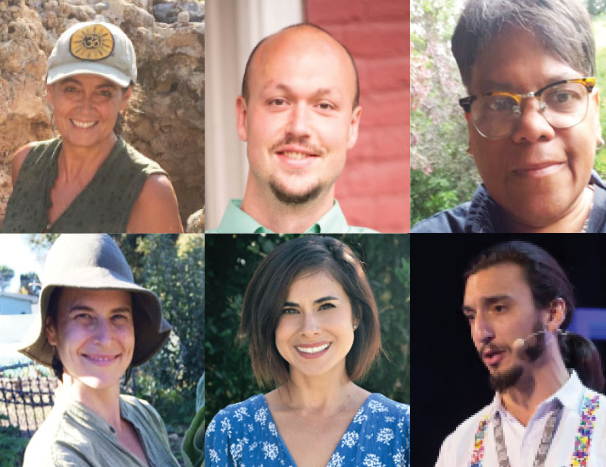
FACULTY SPOTLIGHT
Meet Our Faculty
MS IN SUSTAINABLE FOOD SYSTEMS
Admissions & Apply
- We recognize that people working in changing food systems tend to be rooted in place, and the MSFS program allows students to remain committed to their communities and professions. Not only do students explore their own bioregional foodsheds, but they also contrast their findings with students from other parts of the U.S. and abroad, enhancing their understanding of food system dynamics and leverage points for change.
- Your course assignments have you applying the skills and knowledge you acquire and engaging with one another and your instructors in asynchronous discussions. Discussions and course assignments are intended to be tailored to your specific area of interest in food systems and your bioregion providing you with the opportunity to also learn about your peers’ bioregions and food systems interests.
- The Sustainable Food System MS Program is accredited by the Higher Learning Commission of the North Central Association. The Higher Learning Commission has approved Prescott College to offer all of its degree titles via distance education.
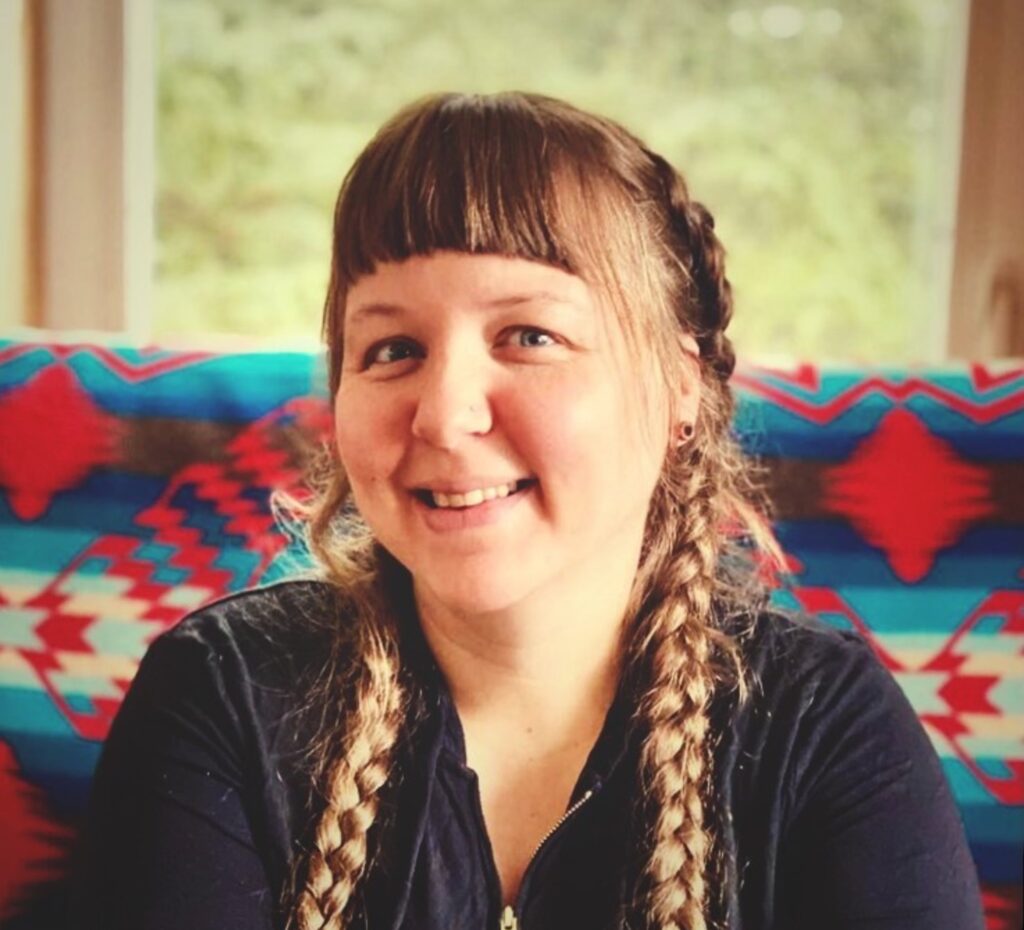
STUDENT SPOTLIGHT
Robbi Mixon
MS in Sustainable Food Systems
Robbi Mixon has spent the last decade working with producers in Homer, running the local farmers market, and launching the Alaska Food Hub. She joined the Alaska Food Policy Governing Board three years ago, hoping to represent the interests of farmers and fishers on the Kenai Peninsula. Hear more in the Season 3, episode 5 of The Capstone podcast.
Careers & Opportunities
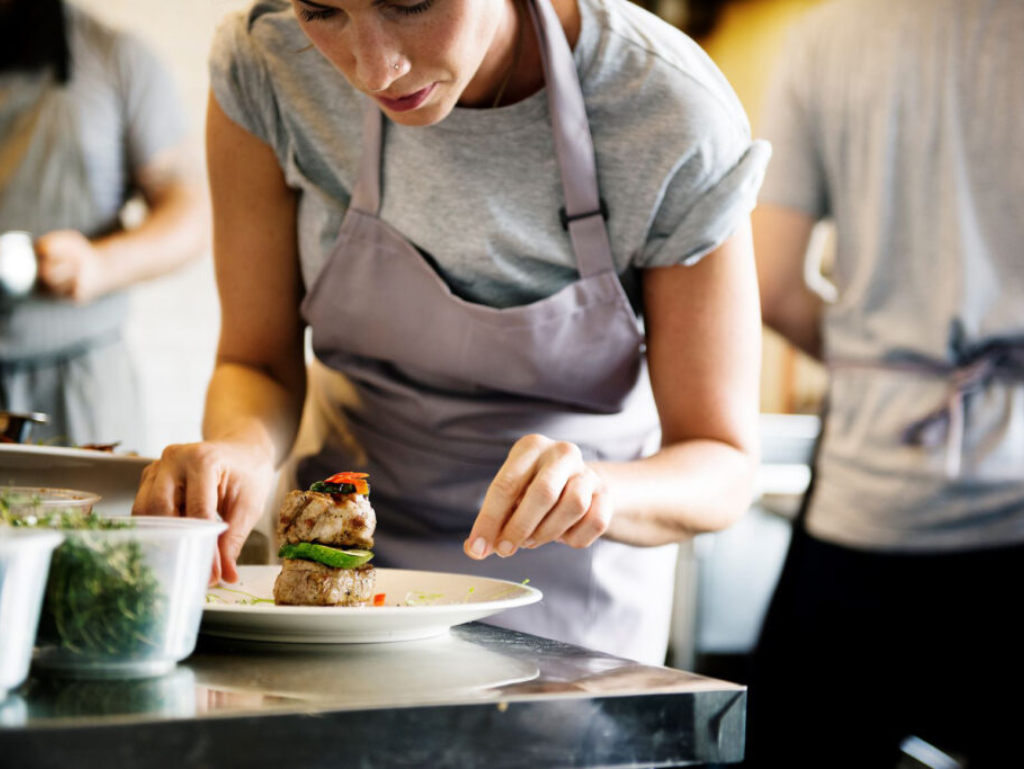
Career Pathways
Sustainable Food Systems MS degree leads to so many possibilities. Here are just a few:
- Nutrition Educator
- Nonprofit Management/Executive Director
- Community or Educational Farm Manager/Director
- Value Chains /Sustainability Advisor
- Food Policy Director/Analyst
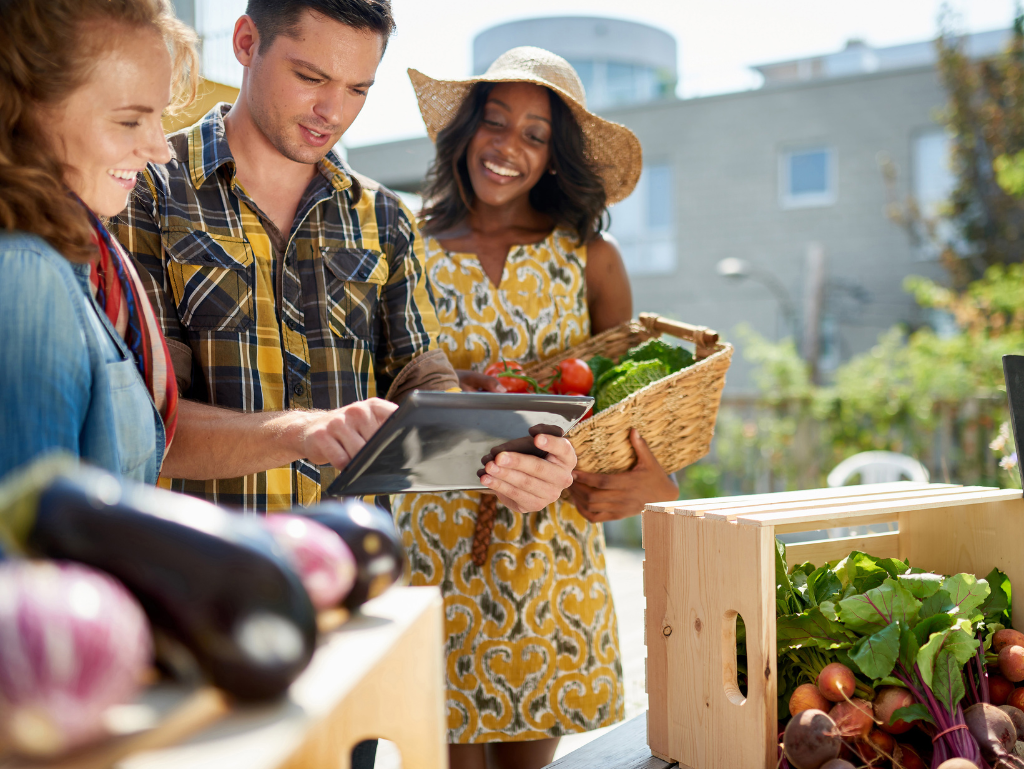
Career Planning
Our Career Services team works with you to map out a plan that works for your goals and your life. There are many ways to get where you’re going, and we’ve seen it all!
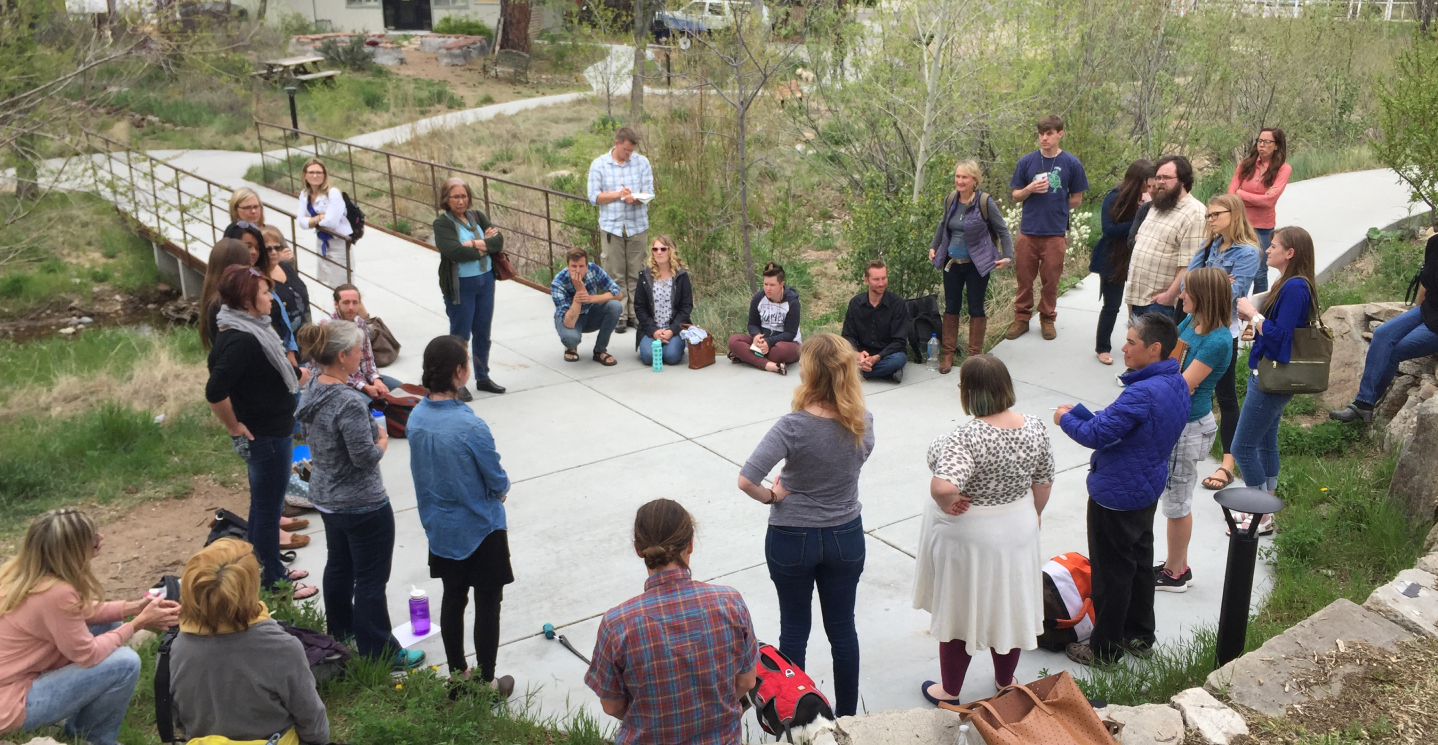
Are you interested in being part of our community?
One thing we all have in common is our passion – passion for helping others, passion for the environment, passion for social justice and a passion for a different kind of learning experience.